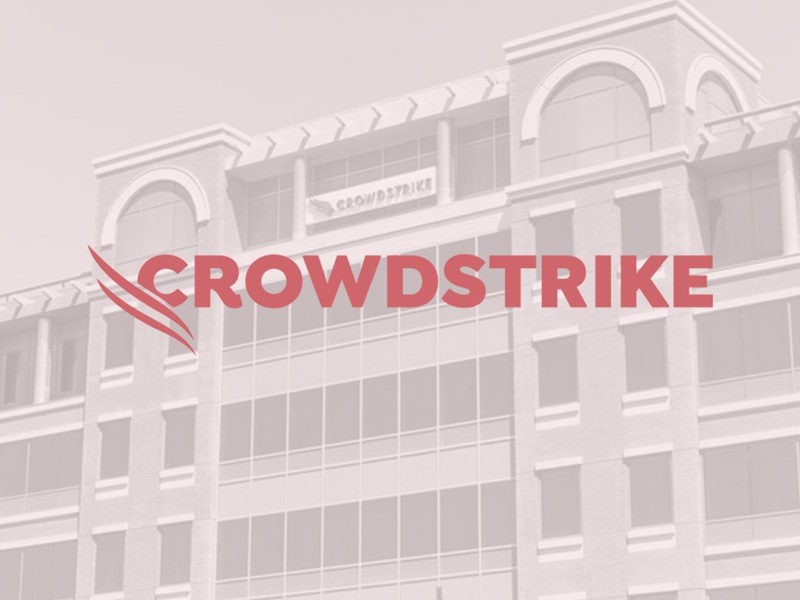Our insights
The Affordable Art Fair roared back to life in 2021 with art lovers from across the country making sure that attendance figures did not disappoint.
Senior Investment Manager, Bristol
The name Vodafone, deriving from voice data fone, aptly covers much of what the business provides.
At first glance Associated British Foods (ABF) presents a slightly confusing investment case; a business of two parts.
B&M are a leading UK value retailer who focus primarily on physical retail sites versus online retail.
CrowdStrike is a cloud-native cyber-security company with a platform specialising in endpoint security.
The terrible events unfolding in Ukraine put much of what we do as a business into perspective and our thoughts go out to all of those impacted, either directly or indirectly.
James Godrich believes that investing in high quality businesses that can survive the current challenges is the optimum strategy for long term investors.
JM Finn Leeds branch scoops award for Best Wealth Manager in the Yorkshire Financial Awards. Read below to find out more.
JM Finn, wealth management firm with a local office in Bury St Edmunds sponsors the Abbey 1000 celebrations. Read below for more information.
The war in Ukraine has caused uncertainty in markets. What has the short term impact been? Read below to find out.
In the light of the recent market activity in response to the Ukrainian situation, John Royden suggests a measured approach can help ensure sensible decision making when it comes to managing a…
Meet Karen, Senior Investment Manager in our London office. In this video she provides her insight on how she is positioning portfolios, areas of the market that excite her and her primary challenges.
JM Finn have been shortlisted in the COLWMA 2022, in three categories.
If you like this article, follow us for more insights.
To receive more content like this subscribe today.














